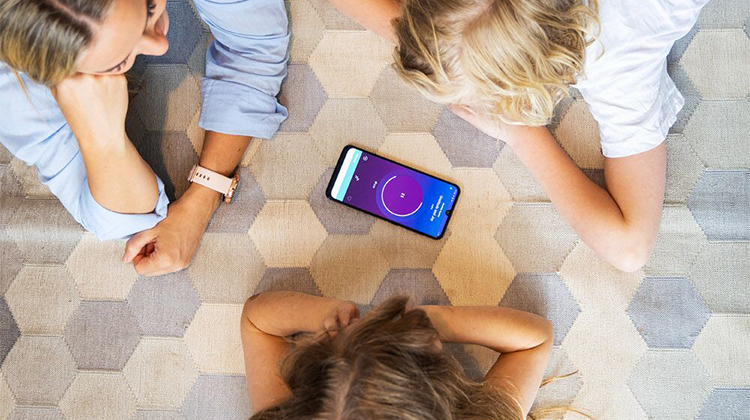Mindfulness practice for the whole family

Smiling Mind, has announced the launch of its Family Program to foster positive mental health habits among Australian families.
The new free resources are available via the Smiling Mind app and aim to make available accessible tools to support parents, carers and children’s mental health.
Many months in the making, the release of the Family Program Created in collaboration with Medibank has been brought forward to cater for the spike in Australian families seeking help as they navigate the COVID-19 crisis.
To help inform the program, Smiling Mind and Medibank commissioned three in-depth qualitative focus group studies, each taking place over three days, with 101 Australian families.
The research revealed that families are looking for mindfulness tools they can lean on in a situational or reactive manner to deal with stressors related to school, finances, work, ill-health, personal psychology and family disharmony. Almost half of all families surveyed claimed they don’t regularly practice mindfulness.
Families can now access mindfulness and meditation exercises at a time and in a way that suits them via the program. Content is centred around key ‘Mindful Moments’ including Meal Times, Bedtime, Weekends and Any Time.
CEO at Smiling Mind and Clinical Psychologist, Dr Addie Wootten, said the team were working hard to deliver families free and widely accessible online tools.
“Whether it’s adapting to rapid shifts in routine, navigating a new work-care juggle, or speaking with kids about the challenging realities of the COVID-19 world - families with children living at home are among those feeling the strain most acutely right now. We know they need support, and this is where our Family Program comes in,” said Dr Wootten.
Understanding the health benefits of building mindfulness into their routines, Medibank’s Chief Customer Officer, David Koczkar, said the business was proud to be supporting Australians in setting up healthy habits.
“We are constantly looking for ways to help all Australians to eat, move and feel better. Over the past four weeks, we’ve seen people take steps to shift their daily routine to support not only their physical health, but their mental health too.